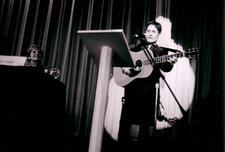Performing Arts: Music
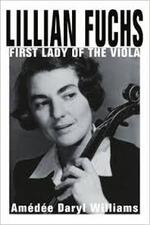
Lillian Fuchs
Born to a musical family, Lillian Fuchs was a talented pianist, violinist, violist, and composer who toured the United States and Europe. Fuchs was the inspiration for some of the greatest composers of the twentieth century and was a popular teacher at the Manhattan School of Music, Juilliard, and Mannes College of Music.
Edith Gerson-Kiwi
Edith Gerson-Kiwi was a world-renowned musicologist and a pioneer in the research of the music of the Jewish communities in Israel. In 1970 she received the Engel Prize of the Tel Aviv Municipality for her scholarly work in Jewish music.
Miriam Gideon
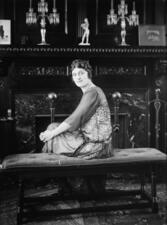
Alma Gluck
Alma Gluck began her career as an opera singer, but it was her love of American folk songs that made her a best-selling musical artist. She debuted at the Metropolitan Opera in 1909. By 1911, she had transitioned from opera to vocal recitals, and by 1914 she was the most popular concert singer in America. Gluck helped found the American Guild of Musical Artists.
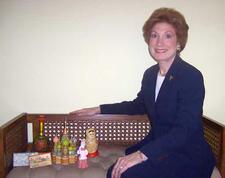
Shannie Goldstein

Beate Sirota Gordon
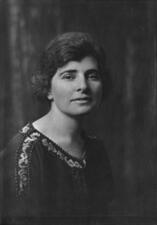
Dorothy Lerner Gordon
Dorothy Lerner Gordon—musician, broadcaster, author—dedicated her talents to the entertainment and education of children and young people. Throughout her career, she created radio programming to give children access to literature, music, and current events.

Lesley Gore

Eydie Gorme
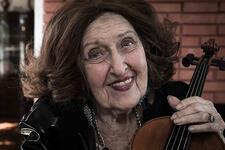
Ida Haendel
In a life that spanned the greater part of the twentieth century, Ida Haendel was one of the most enduring idols of the concert platform, an inspiration to both performers and music-lovers through her many recordings as well as her live performances and broadcasts. A musical prodigy who began performing at age four, Haendel continued her passionate violin performances into her late eighties.
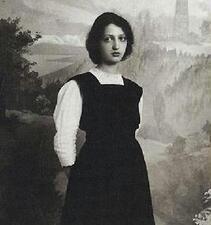
Clara Haskil
Pianist Clara Haskil was one of the greatest performers of her time. As an early prodigy, Haskil began studying music at age six and grew to have an international career, performing throughout the world and appearing at the most prestigious music festivals, in spite of chronic health challenges.
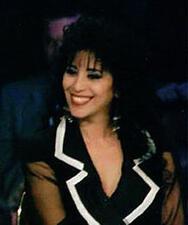
Ofra Haza
Born in Tel Aviv, Ofra Haza was an international singing sensation who performed across Europe, America, and Israel. Known for combining traditional Yemenite music with electronic pop sounds, Haza performed in the film Shlagger and in 1983 she placed second in the Eurovision competition. In 1998 Haza collaborated with many world-renowned artists and performed Naomi Shemer’s “Jerusalem of Gold” at the official ceremony marking Israel’s fiftieth anniversary.
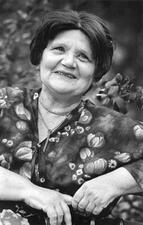
Hebrew Song, 1880-2020
Hebrew song as a whole, including songs of Erez Israel and the State of Israel, is a unique socio-cultural phenomenon that has developed over time. The dawning of Hebrew song can be traced to the period between 1880 and 1903, and it has grown to reflect the diverse aspects of Israeli society since then. The contribution of women to Hebrew songs, in general, has risen steadily over the years.
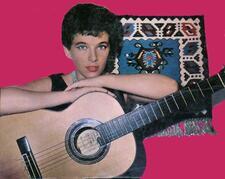
Nechama Hendel
Nechama Hendel is considered one of the foremost singers Israel has ever produced, known for her performances of Jewish folk music, her adaptations of well-known Israeli songs, and her album dedicated entirely to lyrics by the national poet Hayyim Nahman Bialik set to folk tunes and composed melodies. Hendel had an international following and toured the world performing, but she consistently returned to live in Israel and was devoted to Jewish music.
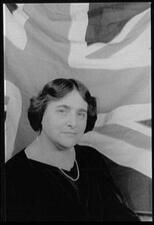
Dame Myra Hess
One of Great Britain’s most famous classical pianists, Dame Myra Hess had the idea of setting up lunchtime concerts at London’s National Gallery during the Second World War. The success of those concerts made Hess an international star, and the honor of Dame of the British Empire was conferred upon her in 1941.
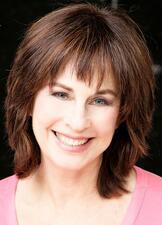
Nurit Hirsch
Nurit Hirsch is one of the most prolific and varied writers of contemporary Israeli songs. Hirsch was the first Israeli composer to participate in the Eurovision Song Contest, winning fourth place in 1973. She composed the music for fourteen films, wrote numerous children’s songs, and won third place at the first festival of Hassidic music. Today Hirsch's repertoire contains around 1,600 songs.
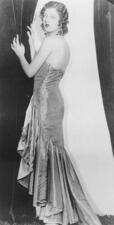
Libby Holman
Singer and actress Libby Holman was known as much for her scandalous personal life and revolutionary activism as for her lush voice. She grew famous performing in Broadway shows and revues throughout the 1920s. Holman was openly bisexual and was accused of murdering her husband, Zachary Smith Reynolds, in 1932. She was actively involved in protesting racial segregation.
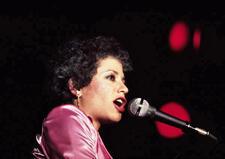
Janis Ian
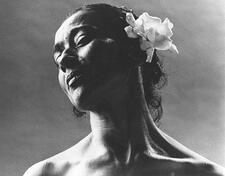
Israeli Folk Dance Pioneers in North America
Dance has been an integral element of the Jewish community since biblical times. An intense desire to share the joy of dance, coupled with a strong identification with both Israel and their Jewish roots, spurred a group of influential women to create a flourishing movement of Israeli folk dance in North America. Today, Israeli folk dance enjoys a wider popularity than ever.

Women, Music, and Judaism in America

Jewish Women in Contemporary Popular Music: 1950 to Present
Since 1950, Jewish women musicians have moved with the times, performing with bands, as solo acts, and as songwriters. They have included mainstream pop performers and rock, punk, and Riot Grrrl musicians. Some Israeli artists have reached international audiences, often via the Europvision Song Contest.
Jewish Women in Jazz
Jewish women have been involved the world of jazz from its beginnings, as instrumentalists, vocalists, and businesspeople. The degree to which Jewishness overtly affects their music varied, and these musicians’ identities as Jews intersect in interesting ways with other facets of their selves, most notably their femaleness. Beginning in the 1960s and 1970s, Jewish women in jazz took up a wider variety of instruments, and as jazz became more international, Jewish female jazz musicians from around the globe began to come to prominence.
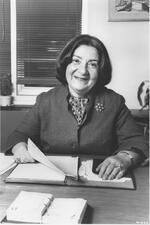
Tziporah H. Jochsberger
Having escaped the Holocaust on the strength of her musical talents, Tziporah H. Jochsberger went on to use music to instill Jewish pride in her students. In the 1950s, she began teaching and studying music in New York. In addition to her teaching and administrative roles, Jochsberger found time for an active career as a composer.
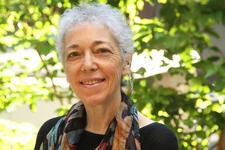
Hagar Kadima
Composer and visual artist Hagar Kadima was the first Israeli woman composer to earn a PhD in composition. She was also the founder and first chair of the Israeli Women Composers Forum.

